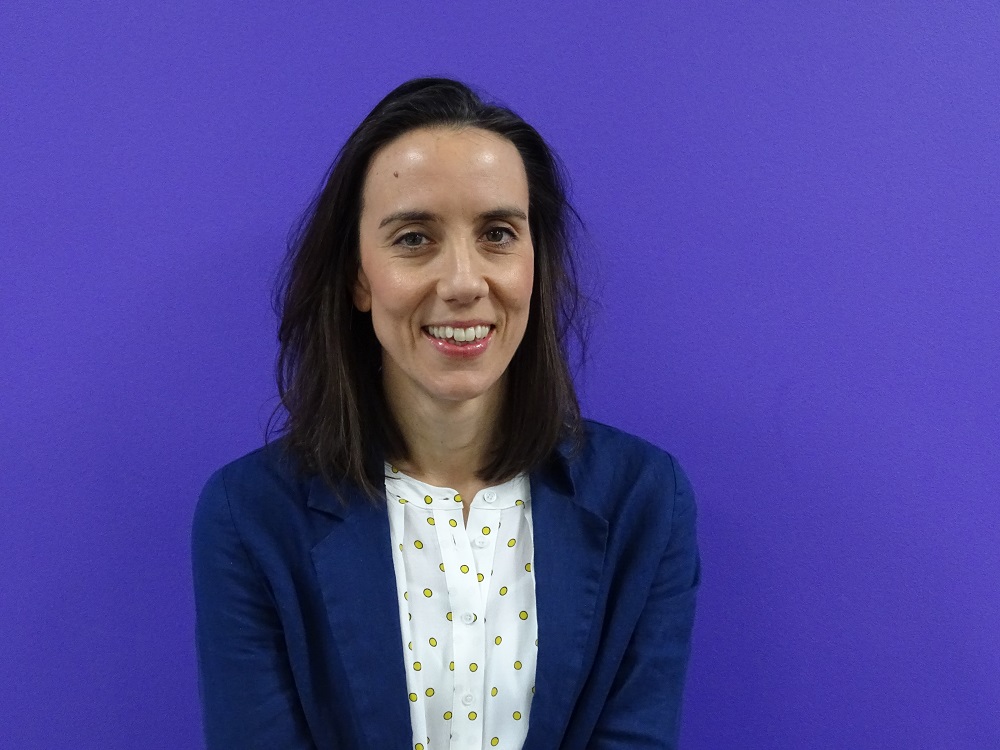

Why Wales Needs a Long-Term Plan for Cancer
Head of Policy, Intelligence and Campaigns, Danni Manzi explains why Wales needs a Long-Term Cancer Strategy now, more than ever.
Wales needs a Cancer Strategy now, more than ever. We welcome the recent Cancer Quality Statement and the Cancer Recovery Plan published by the Welsh Government [on 22nd March 2021] but they lack the long-term vision a detailed Cancer Strategy would provide. Simply restoring cancer services to where they were before the pandemic is not enough for the thousands of families touched by cancer every year.
This is even more urgent for those diagnosed with less survivable cancers, in particular pancreatic, where half of people with the disease die within three months of diagnosis. Currently, Welsh pancreatic cancer survival rates lag behind England, and are some of the worst in the world. Only 5.7% of people diagnosed with pancreatic cancer in Wales survive five years.
But we can change this. We need a long-term plan setting out vital changes to the way we diagnose, treat and support people with less survivable cancers. Reconfiguring services could provide a better future for the 500 people diagnosed with pancreatic cancer in Wales each year. We’re envisioning a future where people with pancreatic cancer have a better chance of survival, and though the Welsh Government doesn’t yet have a plan for how this can be made reality, the charity Pancreatic Cancer UK does.
Firstly, we need a concerted focus on diagnosis. Early diagnosis gives people with pancreatic cancer the best chance of survival. But worryingly, the latest figures from Welsh Government suggest 34,000 fewer people than expected have entered the Wales Single Cancer Pathway since last March.
The Welsh Government’s work so far on Rapid Diagnostic Centres (RDCs), a powerful weapon in the fight against cancers with vague symptoms, has been hugely important. It must continue. Pilots in Wales have shown that RDCs are a cost-effective solution to improving results for people with non-specific symptoms with one pilot showing that it could reduce the by around 11 weeks. For people with pancreatic cancer, this can mean the difference between having lifesaving surgery or having to say goodbye to their loved ones.
In England, the NHS has committed to rolling out an RDC in every Cancer Alliance. We need a similar commitment in Wales: a detailed, fully-funded plan to roll out RDCs further, reaching people in every town and village across Wales.
Secondly, we need data to paint a clearer picture of how services are currently performing, and to help us understand where the biggest issues are. Unfortunately, this data isn’t currently available. The quality of data generated through the Single Cancer Pathway must improve, including breaking down waiting times by cancer type. Data would help us to set ambitious yet achievable targets, including a much-needed specific target for pancreatic cancer.
Thirdly, we need clinical research trials across Wales to be made a priority. For many people with pancreatic cancer, clinical trials are their only hope for treatment. Tragically, in Wales it is becoming harder for people to access them. We need a commitment from the Welsh Government to maintain and enhance the essential research resources that support effective clinical trials: staff, equipment, and data. This will help to ensure that every patient has the opportunity to access research trials and give people precious time with their families.
Underpinning all of this needs to be a skilled and well-resourced cancer workforce. The NHS in Wales was already short of cancer specialists before the pandemic began, and now a further reduced and exhausted workforce faces a long road back to normality. The workforce needs both restoration and further expansion to ensure people with cancer get the support they need over the coming years. We need a detailed plan setting out how the Welsh Government will recruit and skill-up their workforce so that both patients and health professionals themselves have the best possible experience of cancer care in Wales.
Cancer strategies are crucial in driving the changes needed to save lives. There is a reason why the World Health Organisation recommends that every nation in the world has one. If we are to have the best chance of improving survival for people with pancreatic cancer, and other cancers, in Wales, a long-term cancer strategy is an essential first step. The sooner Welsh Government recognise this, the better: for patients, for healthcare professionals, and for Wales.